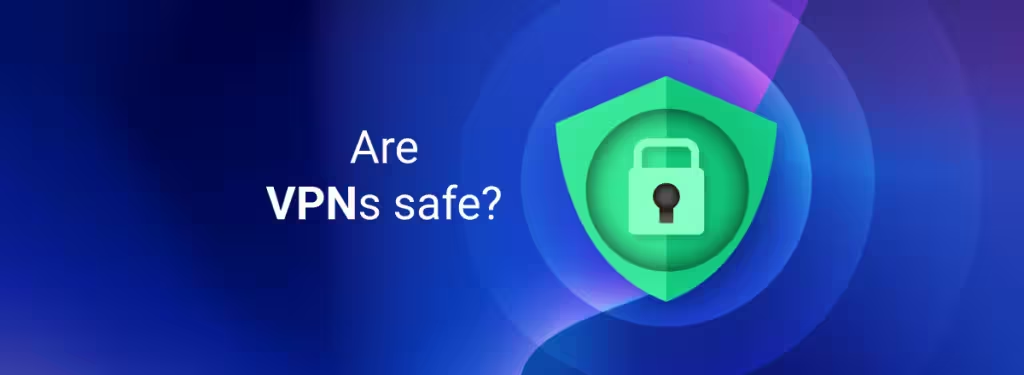VPNs
Recent viral posts on Pakistani social media have raised concerns about the safety of using a Virtual Private Network (VPN) while transferring and receiving funds in online banking applications.
These posts claim that VPNs may expose users to hacking and compromise their banking data. However, experts have confirmed that this claim is incorrect.
One of the viral posts on X, formerly known as Twitter, warns users not to log into their banking applications while using a VPN, suggesting that doing so could lead to personal data being hacked.
This post has garnered significant attention, with nearly 9,000 views and over 100 likes. However, the fears expressed in these posts are unfounded.

According to digital and cybersecurity experts, using a VPN does not increase the risk of hacking or data breaches when accessing online banking services. Asad Baig, the executive director and founder of Media Matters for Democracy (MMfD), a non-profit organization focused on media literacy and development in Pakistan, addressed these concerns in a conversation.
Baig explained that the claims circulating on social media stem from misunderstandings about VPN technology.
He emphasized that VPNs actually enhance the encryption of data and do not lead to banking data leaks. “In fact, VPNs further improve the encryption process and do not lead to any leak of banking data,” Baig stated.
To ensure safety, Baig recommended using VPNs from reputable brands and downloading them from trusted platforms such as the Google Play Store or Apple App Store, where applications undergo quality checks.
Haroon Baloch, a digital rights activist and senior program manager at Bytes for All (B4A), a research organization focusing on IT, echoed Baig’s sentiments. Baloch acknowledged that while some lesser-known VPNs might pose risks, paid VPNs are generally more secure.
He advised users that opting for a reputable, paid VPN is often a safer choice for online banking. However, he also pointed out that some free VPNs from well-known companies could still be reliable.
Khawaja Mohammad Ali, a cybersecurity expert and former regional head of the Federal Investigation Agency’s (FIA) cybercrime wing, also weighed in on the issue.
Ali confirmed that while paid VPNs are not completely immune to problems, they usually offer superior security features and privacy protections. He recommended choosing a reputable VPN provider and ensuring that its security and privacy features meet your needs.
“Paid VPNs, while not immune to issues, generally offer better security features and privacy protections, making them a safer choice for sensitive activities like online banking,” Ali said.
In conclusion, the assertion that using a VPN while accessing online banking services poses a significant risk is incorrect. Experts agree that VPNs, when used properly and from reputable sources, can provide additional layers of security and encryption for online transactions.


